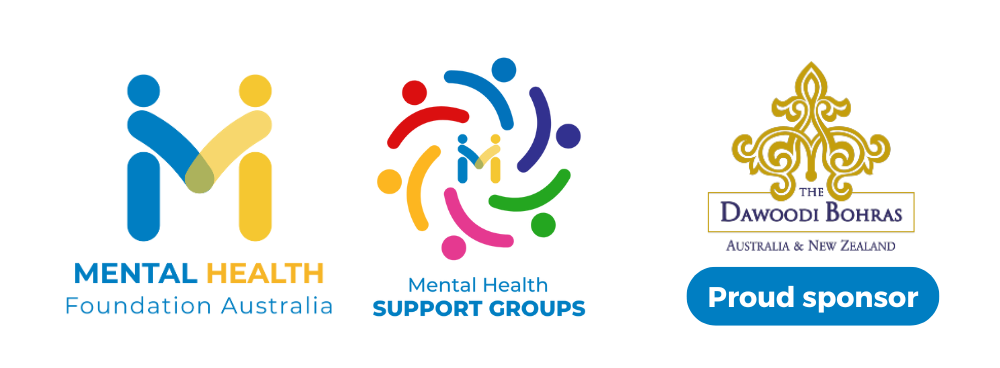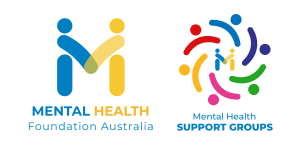Hearing Voices Support Group
The Hearing Voices Support Group is based on self-help, mutual respect and empathy and social support and belonging, not therapy or treatment. It also offers an opportunity for people to accept and live with their experiences in a way that helps them regain some power over their lives. Carers need to email supportgroup@mhfa.org.au to check their suitability to attend group meeting.
Each MHFA Support Group is free.
Our online groups are available to you from anywhere and everywhere, wherever you are in the world.
Join the Online Hearing Voices Support Group
Schedule
Every fourth Monday of the month
6:30pm - 8:00pm (Melbourne Time)
Online session
How to join the online session?
Online sessions are conducted via Zoom.
Meeting Link:
https://us02web.zoom.us/j/89869813938?pwd=VHJSZQ1QqO6e9wIbjSerj1Wv8dXJJ6.1
Meeting ID: 898 6981 3938
Passcode: 273851
Trouble accessing Zoom? Click here
Troubleshooting tips for Online Meetings
- If you are having trouble connecting you could try clearing your browser cache.
- There are instructions for this for Chrome, Firefox, Edge and Safari.
- You could also try restarting the Zoom app on your computer or mobile device.
- Zoom do offer some technical support with a knowledge base and customer support.
Unfortunately the MHFA can do very little to assist with connection issues as Zoom is a 3rd party application and out of our control.


